How Much Can You Save with a Natural Gas Boiler? | Aerothermal Heating Explained
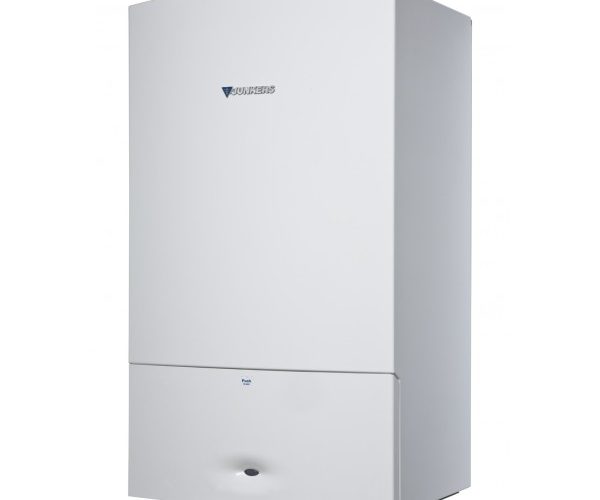
How Much Can You Save with a Natural Gas Boiler? 💧🔥
When the cold season arrives, we all start thinking about turning on the heating — and one of the first questions that comes to mind is:
How much will it cost this year? Especially considering that energy prices continue to rise steadily.
🏠 Is It Worth Installing a Natural Gas Boiler for Heating and Hot Water?
Although national energy management is often a matter of state policy, major utility companies compete fiercely to attract new customers. Backed by the HVAC industry, they launch aggressive marketing campaigns that highlight the benefits of each system while often hiding the drawbacks.
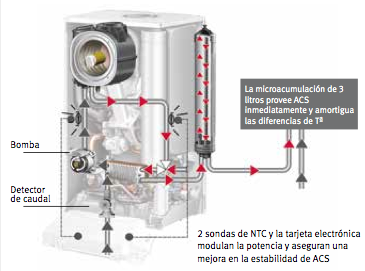
Traditionally, there have been three main fuel sources for heating: coal and wood, diesel oil, and natural gas.
Electricity can also be used, although it is often generated from the same fossil sources.
For residential heating, the most common systems are:
- Diesel boilers
- Electric boilers
- Natural gas boilers
- Biomass boilers
- Heat pumps
Conventional combustion boilers have an efficiency lower than 1 — meaning they provide less heat than the total energy consumed.
However, condensing boilers are much more efficient, reaching over 100% by recovering the heat contained in the water vapor produced during combustion.
Heat pumps, on the other hand, are the most efficient systems available today, with performance levels exceeding 700% under optimal conditions.
⚙️ Classification by Energy Source
- Conventional and condensing boilers: fueled by diesel, natural gas, electricity, or renewable biomass (pellets).
- Heat pumps: powered by electricity and often combined with aerothermal or geothermal systems to boost efficiency.
💰 How Much Can You Save with a Natural Gas Boiler?
The savings depend on the cost of energy (kWh). When oil prices rise, gas and electricity costs tend to increase as well.
Using an electric boiler as a reference point, the approximate savings are as follows:
- 💨 Diesel boiler: 10% savings
- 🔥 Natural gas boiler: 19% savings
- 🌫️ Condensing boiler: 35% savings
- 🌿 Biomass boiler: 40% savings
- ❄️ Heat pump: 64% savings
- 🌍 Heat pump with geothermal support: up to 78% savings
These figures are approximate, as they depend on each system’s efficiency, fuel cost, and installation expenses.
Overall, natural gas remains one of the most cost-effective options, though each case should be evaluated by a qualified specialist.
🔄 Update: The Rise of Aerothermal Systems and Clean Electricity
As of this article’s latest update, most new heating systems are now designed using aerothermal technology.
It’s interesting to note that, when we first wrote this article, heat pumps, air conditioners, and electric systems were often viewed skeptically by the energy establishment.
Today, however, everything related to “clean electricity” is considered positive and sustainable.
This shift in mindset deserves an article of its own, but it’s worth highlighting here — it hasn’t been that long since our first publication, and yet the energy paradigm has changed dramatically.

🔗 Related Links
Written by the Vilssa Energy and HVAC Editorial Team.







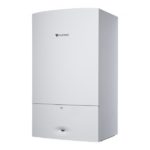
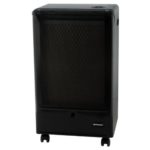
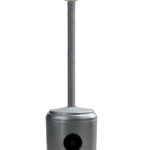
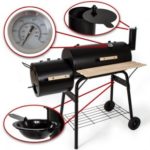
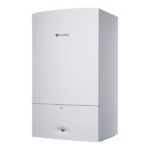
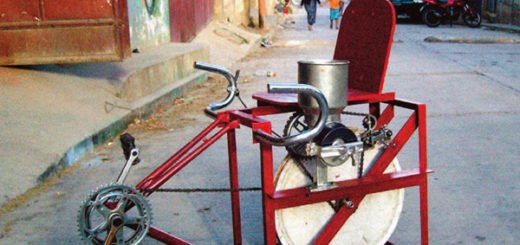






Thank you for your sharing. I am worried that I lack creative ideas. It is your article that makes me full of hope. Thank you. But, I have a question, can you help me?